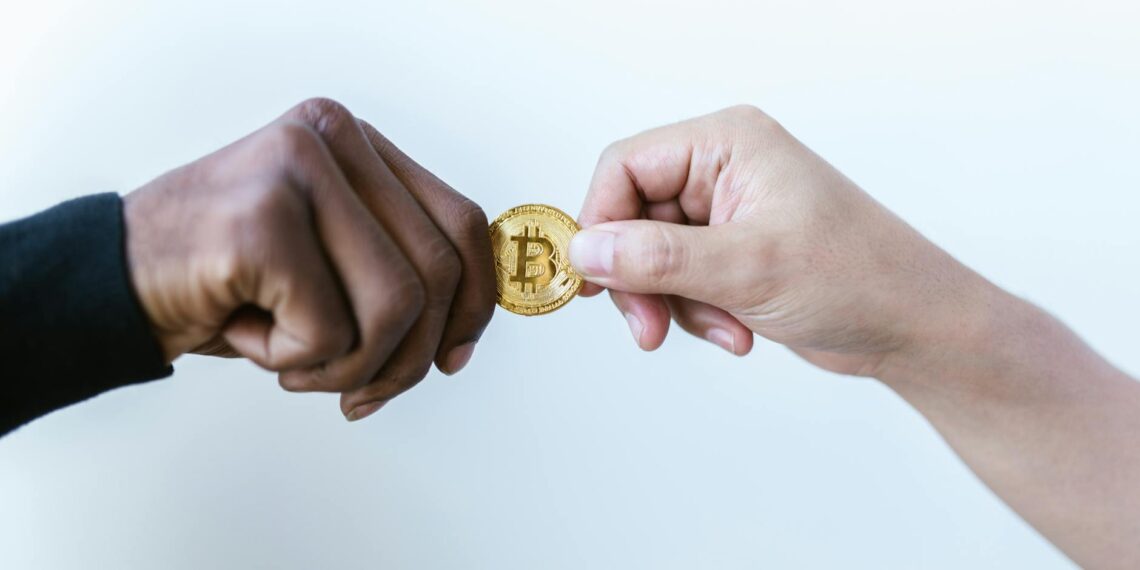Uncirculated coins hold significantly greater value than their circulated counterparts due to their pristine condition, never having been used in commerce and retaining their original mint luster. However, the exact value of an uncirculated coin depends on a variety of factors.
- Rarity: Coins with a low mintage (number of coins produced) or those with errors or unique variations are inherently more valuable due to their scarcity.
- Condition and Grade: The better the condition, the higher the value. This is especially true for uncirculated coins, as even minor imperfections from the minting or storage process can affect the grade. The Sheldon Scale grades uncirculated coins from MS-60 (numerous imperfections, dull luster) to MS-70 (perfect, flawless with full luster). Professional grading services like PCGS and NGC provide expert grading and authentication.
- Demand: High collector interest or strong investor demand for a particular type of coin will drive up its value.
- Historical Significance: Coins tied to important events or historical figures often command a premium.
- Metal Content: Coins made from precious metals like gold or silver have an intrinsic value based on the metal content, adding a baseline to their worth.
- Cartwheel Effect: Hold the coin under a light source and tilt it. If light dances and rotates across the surface, it’s an indication of original mint luster, the hallmark of an uncirculated coin.
- High Points: Examine the highest points of the coin’s design. If there is no evidence of wear on these points and the luster is bright and complete across the entire surface, it’s considered uncirculated.
- Minor Damage: Uncirculated coins may have minor imperfections like small nicks or scratches from the minting process or contact with other coins. Professional graders can differentiate these from wear caused by circulation.
- Coin Guides and Price Lists: Resources like the Red Book and PCGS Price Guide provide estimated values based on the coin’s grade.
- Professional Appraisal: For higher-value coins, seek a professional appraisal from a reputable dealer or appraiser. This ensures an accurate valuation and can help you navigate the selling process.
- Online Resources: Several websites offer free online coin appraisals, allowing you to upload photos and receive an estimated value.
- Past Auction Results: Reviewing past auction results for similar coins can provide insight into their market value.
- Don’t Clean Your Coins: Cleaning can significantly damage a coin’s surface and drastically reduce its value.
- Proper Handling and Storage: Handle coins by the edges to prevent damage from finger oils and store them in appropriate holders like acid-free envelopes or archival polyester flips.
- Seek Multiple Offers: Get offers from several reputable dealers or consider selling through an auction house to ensure you’re receiving a fair price.
- Professional Grading: For high-value coins, professional grading can enhance their credibility and market value.
In conclusion, while uncirculated coins are generally more valuable, their exact worth is influenced by a combination of factors. Understanding these elements and leveraging the various resources available can help you accurately assess the value of your uncirculated coins and make informed decisions about buying or selling.









What do I do with uncirculated coins?
I can help with that. These coins have never been in circulation and are struck with a pristine finish making them perfect for display or gifts.
How do I sell uncirculated coins?
Local Dealers
Almost every coin dealer is well accustomed to purchasing coins brought into their shops. You can bring in one piece or an entire collection and your local dealer may well be interested in buying it. If not, they are usually more than happy to point you in the right direction.